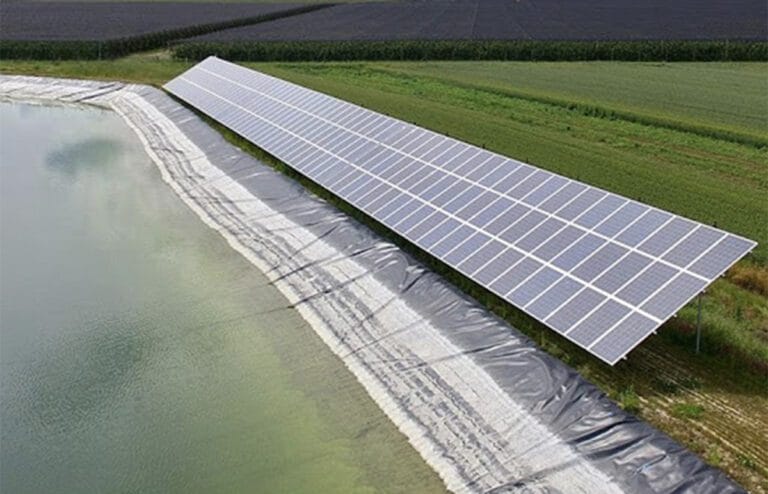The Minister of Agriculture, Ahmed El Bouari, announced to the House of Representatives the launch of an unprecedented pilot program aimed at supporting the transition to solar energy for irrigation water pumping over an area of 51,000 hectares.
This program, in place since last November, is funded by the Agricultural Development Fund (FDA), which provides a grant covering up to 30% of the purchase and installation costs of solar equipment, with a cap set at 30,000 dirhams per project. This initiative is part of the Kingdom’s efforts to modernize the agricultural sector and reduce its dependence on fossil fuels.
Towards a more sustainable and resilient agriculture
Mr. El Bouari emphasized that this energy transition aligns with the High Royal Guidelines, aiming to integrate renewable energies into all agricultural infrastructures, particularly in seawater desalination plants. A concrete example is the Dakhla station, powered by wind energy, which will allow for the irrigation of 5,000 hectares in the region.
Objective: 20% renewable energy in the agricultural sector
The minister reminded that future agricultural projects must take into account the ambitious goal of reaching 20% of the energy consumption of the agricultural sector from renewable sources. This strategic direction aims to make Moroccan agriculture more resilient to climate change while promoting sustainable use of water resources.
Concrete support for farmers
The program plans to implement suitable technological solutions, including the installation of solar panels and high-efficiency pumps, to limit the energy costs of agricultural operations and improve their profitability. This support represents a major opportunity for Moroccan farmers to adopt more environmentally friendly and economically viable practices.
A model for Africa
With this initiative, Morocco confirms its role as a pioneer in Africa in the field of renewable energies applied to agriculture. This project is part of a comprehensive vision for securing water resources while reducing the sector’s carbon footprint.
This energy transition in irrigation paves the way for greener and more competitive agriculture, capable of meeting current environmental and economic challenges.


